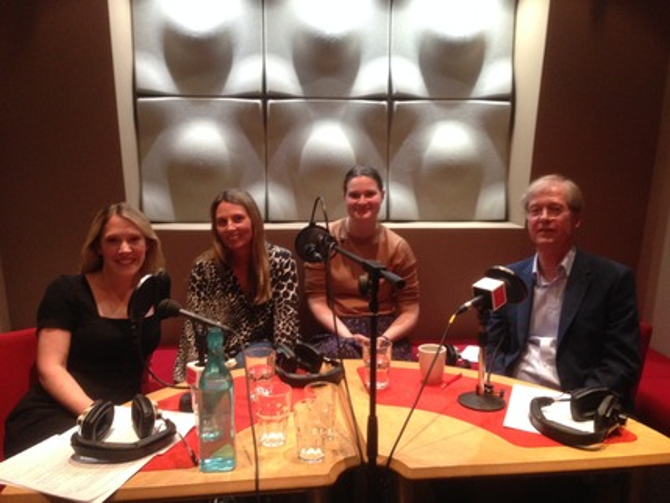How big a problem is obesity in the UK? Does what we know about health behaviour change improve our chances of tackling obesity?
Here are some extracts from a Q & A session with Health Action Campaign’s Director, Michael Baber, which featured in a 2019 Food Matters Live podcast.

Q: Just how bad is the obesity problem in the UK?
A: For me there are three particularly worrying aspects about obesity in the UK:
- First, it is disproportionately concentrated in disadvantaged areas, so it is reinforcing existing, deep seated health inequalities in the UK.
- Second, research suggests that fewer than 5% of obese adults will get back to a healthy weight, which is a pretty scary scenario.
- Third, obese parents are twice as likely to have obese children and they are also less likely to recognise they are obese – which means that, unless we can break the cycle, obesity is going to embed itself in generation after generation here in the UK.
Q: How can behaviour change contribute to reducing the epidemic?
A: We can learn from action taken to reduce smoking. In the 1940’s a majority of adults smoked. Now it is down to less than one in five. That has been mainly due to government action to make it harder to smoke and easier not to smoke. As a result smoking is now also less socially acceptable.
This kind of approach is likely to be particularly effective when it comes to preventing obesity. There’s more of a challenge where people are already obese.
That’s because the human body is very good at self-regulating. For example, our bodies are very good at maintaining a constant temperature – they do this automatically. In the same way, when we have put on a lot of weight, whatever we might try to do to reduce that weight by dieting or exercise, behind the scenes our body will usually be trying its best to limit our weight loss.
So, behaviour change to prevent obesity should be easier. That way we can work with our body’s natural desire to self-regulate rather than against it.
For people who are already obese – we should also encourage behaviour change but probably be realistic and recognise the main benefit is likely to be for the overall health benefits rather than significant, sustainable long term weight loss.
Q: What do you see as the biggest cultural and social challenges to behavioural change?
A: We live in a country where health is viewed as an absence of diagnosed illness, maintained primarily through medical treatment on the NHS. So people tend to underestimate factors that predispose us to illness, like obesity, and the importance of avoiding them.
The media don’t always help either. Articles and stories on obesity usually include an image of someone who is severely obese – leading people who are still obese but less severely so to be seen as simply overweight. Effectively this is hiding obesity in plain sight. And some sections of the press tend to label any action to tackle obesity and improve health as Nanny State-ism, without themselves offering any realistic solution.
Also, healthy food doesn’t get much advertising commitment compared with less healthy food. Less than 2% of food advertising is spent on fruit and vegetables. Last year the government committed £4.5 million to support the advertising of healthy snacks. That sounds a lot until you realise that a chocolate manufacturer can spend more than that advertising a single chocolate bar.
Q: You have researched a number of international projects to tackle obesity. What do you consider the biggest determinants of success?
A: The two most successful obesity prevention projects internationally are probably EPODE (Ensemble Prevenons L’Obesite Des Enfants) in France and JOGG (Jongeren op Gezond Gewicht) in the Netherlands.
EPODE is now in place in nearly 300 towns across four different European countries and JOGG is in place in over 100 towns and cities across the Netherlands. The main reasons for their success are probably that:
- They understand that people haven’t changed but the environment they are living in has. So, you need to provide practical support to parents, teachers, health professionals and community organisations so they can help protect children from an obesogenic environment – and also make the environment less obesogenic where you can.
- They employ an approach which is well thought through and structured, so it can be rolled out wherever it is needed.
- They recognise that big problems need big solutions – so you need to put together a powerful coalition of local stakeholders to tackle them, including parents, teachers, health professionals, community organisations, local authorities and sympathetic businesses and you need resources to sustain what you’re doing – because the forces that have fuelled obesity are still alive and well and will push obesity back up if you drop your guard.
EPODE and JOGG are sometimes described as taking a ‘whole systems’ approach. This is probably technically correct but to me sounds a bit academic and not something ordinary people can relate to. The way I see it powerful forces are fuelling obesity, so you need powerful forces to push back – and that’s what these initiatives do.
